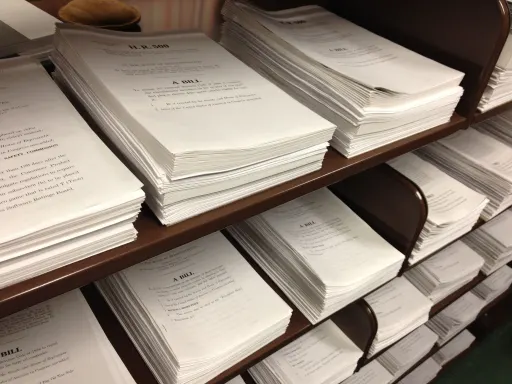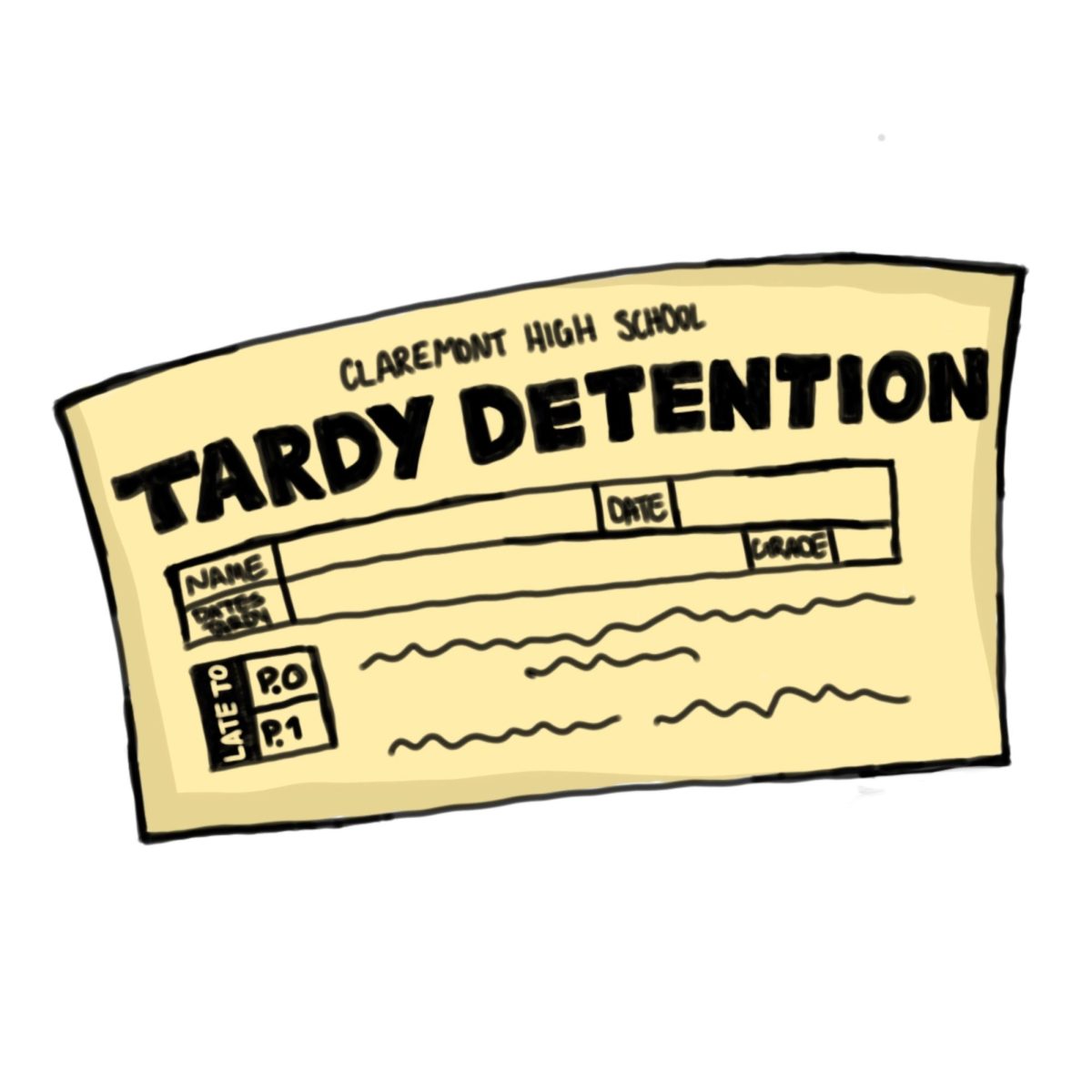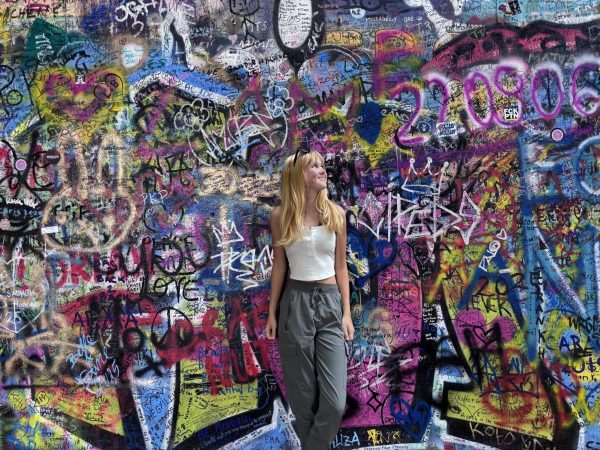In March of 2025, the future of the Claremont Colleges was shaken into uncertainty when the Office of Civil Rights, an agency under the Department of Justice, and the Anti-Defamation League, launched an investigation into the Pomona and Scripps colleges for claims of anti-semitism. Furthermore, Congress has launched an inquiry into Pomona College for the exact same reason. The text of the inquiry accuses the college of anti-semitic discrimination, citing examples of divestment movements, petitioning, and protests conducted largely by students in the wake of the Israeli government’s response to the October 7, 2024 terrorist attacks.
Pomona freshman and CHS alumni Rhea Sethi shared her thoughts on the validity of Congress’ claims.
“I think there is a strong amount of anti-zionism here [on campus] but not anti-semitism,” Sethi said. “I very much want to define that anti-zionism is not anti-semitism. We have a lot of anti-zionist organizations, some of which are Jewish, like Jewish Voice for Peace. Personally, I have seen no signs of anti-semitism here on campus. We have a very strong jewish community here, and I’ve never seen any signs of disrespect towards jewish students or the religion itself.”
Noor Janjua, a junior at CHS and president of the Students for Justice club, also had comments on the importance of distinguishing between anti-semitism and anti-zionism.
“It’s actually the diluting of the meaning of anti-semitism,” Janjua said. “Which is really unfortunate because this is a real issue that needs to be addressed, not made into something it is not. The thing that is contributing most to the rise in anti-semitism is the actions of Israel and of Zionism. The narrative that Judaism is inherently intertwined with a Zionist state’s actions’ is false.”
As a result of the divestment protests, twelve student demonstrators from both Pomona and Scripps were suspended by the Pomona administration without an ordinary judicial process after President Gina Gabrielle Starr called in local police, armed with rifles and SWAT gear, to diffuse the protests. This was considered one of the harshest crackdowns on pro-Palestine protests in the nation, yet the Congressional inquiry requests further evidence of disciplinary actions taken by the Pomona administration.
Congress’s letter was predominantly spent on a general reprimand and villainization of student protest, citing specific examples of vandalism and harassment at Pomona and Scripps that were widely publicized in the media. It was this justification that the government then used to make demands from the colleges.
“[The colleges must turn over] a list of all student disciplinary/conduct cases associated with antisemitic incidents […] [including] the date, a description of the incident, the undergraduate/graduate status and school of the alleged perpetrator,” the letter reads.
The request also mentions that Pomona has an obligation under the Civil Rights Act to “promptly address discrimination, harassment, and a hostile environment” in order to receive federal financial assistance.
Pomona’s response to these demands resulted in various interpretations. An article and Instagram post from Claremont Undercurrents cited a statement published in the LA Times, and iterated that Pomona’s administration intended to “fully cooperate” with the Congressional Committee’s demands.
This information sparked fear and outrage with Pomona’s students, who took the liberty of spreading flyers and posters around their campus, which featured a screenshot of the Undercurrents’ article.
In contrast to this widely-spread interpretation of Pomona’s position, the College’s current Acting President, Robert Gaines, has cited these flyers and their message as misinformation, claiming in an email that the quote from the LA Times was taken out of context. Gaines also reaffirmed his commitment to protect students and their privacy rights under the Family Educational Rights and Privacy Act, saying Pomona will respect the House’s request for additional information. This middle-of-the-road response has left many confused as to whether or not their safety is at risk. Sethi shared about the confusion, outrage and fear many Pomona students are feeling.
“People are worried about the Pomona administration turning over their personal information to the Trump administration, because Pomona won’t tell us what that information is,” Sethi said. “Also, the college never shared how they identified who broke school policies and weren’t just protesting, which they have a right to do on campus. They could be turning over information that isn’t even true, and that puts a lot of students at risk.”
Administration has been vague on this issue, as they are constantly walking on thin ice when dealing with a new administration and balancing legal disputes, a new acting president, and a staff who knows only what the public does as well. As of publication, Scripps’ administration has not commented on the congressional inquiry into Pomona––although they intend to cooperate with the ADL and Office of Justice on the anti-semitism investigation.
Pomona and Scripps are only two of hundreds of colleges, community colleges, and universities across the country that have been put under similar investigatory activity.
The most well-publicized example of this has been Harvard, where, after receiving a rejection letter harsher than the ones most students get, the government froze over $2.2 billion in federal grants in contracts to the university. Later, when Harvard refused to comply with anti-DEI policies and the slashing of research programs, the Department of Homeland Security threatened to revoke the university’s eligibility to host foreign students while revoking current student visas.
As of April 19, 2025, the government started to backtrack, throwing their lawyers under the bus and claiming the initial letter to Harvard was not authorized. At this point, it is unknown whether this is a last-minute attempt to save face or merely an admission of incompetence by the acting administration. The New York Times reported on the same date that although the sending may have been unauthorized, the views expressed in the letter are consistent with the federal government’s demands to colleges nationally. As of publication, no funding to Harvard has been unfrozen.
However, Harvard’s story should not be used to warn against defiance, as Columbia’s compliance has led them to potentially worse outcomes. Under threat of losing up to $400 million in research grants and other federal funding, the University of Columbia agreed to a massive overhaul of its rules for protests and a complete reworking of its Middle Eastern studies department. However, the demands did not stop there. Despite Columbia agreeing to rework its entire disciplinary process, the government still pulled out the $400 million in funding and threatened to cut more if the university refused to ban masks on campus, abolish its current process for disciplining students and deliver a plan to “reform undergraduate admissions, international recruiting, and graduate admissions practices”. According to PBS, Historians had described the order as an unprecedented intrusion on university rights, long treated by the Supreme Court as an extension of the First Amendment. Freedom of speech advocates soon after decried Columbia’s decision to acquiesce.
The trend has largely become that Congress will send an inquiry into a college, requesting minor changes or information, and if that college complies, they will then demand larger, more fundamental changes, with the threat of losing federal funding if they are not given absolute obedience. This was the case with the schools on the East Coast that Trump’s administration targeted first, and it will be the case with schools in the West, like the Claremont Colleges, if compliance becomes the new norm. Sethi held a strong opinion about the actions she believes Pomona and the Claremont Colleges need to take to avoid a fate like Columbia’s.
“Transparency, frankly, is very important, and taking a stand like Harvard has done,” Sethi said. “They say in a statement that they’ll be in complete cooperation with the Trump Administration, but then they’re telling us they have not done anything yet. What is actually going on? Nobody knows, and they’re not answering. The students are worried, and rightfully so.”
Janjua also commented on the effects this may have on CHS.
“At CHS, a lot of our student body are directly connected to the issue and their families are very involved,” Janjua said. “If Pomona capitulates, it’s only going to contribute to the tenseness on campus.”
For Pomona and Scripps, turning over student records would not be the end of Congress’s demands—only the first in a long line of punishments intended to force schools across the nation to comply. If defiance becomes compliance, then it is not only the future of our institutions that is at risk, but also of every single student and teacher inhabiting them.






















